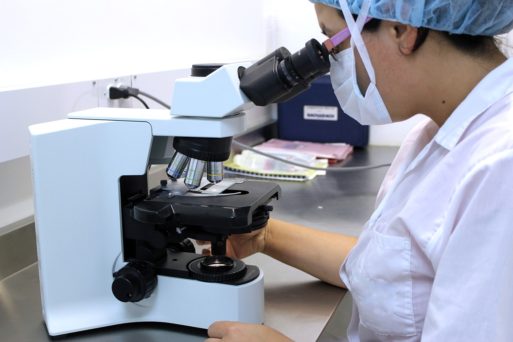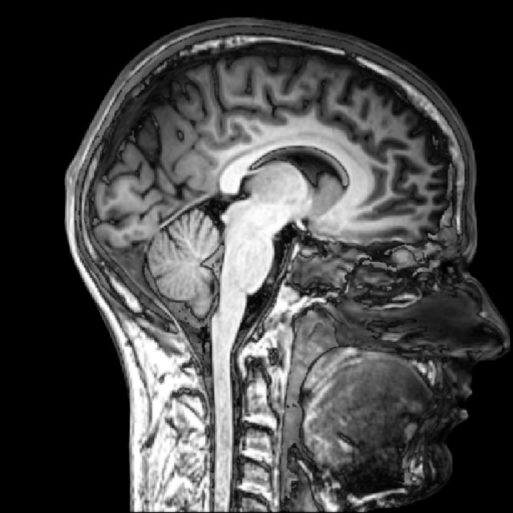 Researchers may have developed a new test for diagnosing Alzheimer’s disease. Recent studies in the U.S., Colombia and Sweden found that the disease could be identified with 96% accuracy by running a blood test to screen for a protein called p-tau217. This level of accuracy was previously only possible through much more invasive or expensive procedures, such as spinal taps or PET scans.
Researchers may have developed a new test for diagnosing Alzheimer’s disease. Recent studies in the U.S., Colombia and Sweden found that the disease could be identified with 96% accuracy by running a blood test to screen for a protein called p-tau217. This level of accuracy was previously only possible through much more invasive or expensive procedures, such as spinal taps or PET scans.
The tau protein is one of two biomarkers for Alzheimer’s, and historically most testing for the disease has focused on the other protein, amyloid. However, researchers have found that testing for p-tau217, a specific form of tau protein, can provide a more accurate diagnosis. Measuring tau proteins may also help scientists determine how quickly the disease is progressing as it tends to increase over time in people with Alzheimer’s.
One of the challenges in testing for Alzheimer’s is distinguishing the disease from other conditions that cause cognitive decline. However, researchers who conducted blood tests for p-tau217 found that Alzheimer’s patients had seven times as much of the protein as patients with other neurological conditions, such as Parkinson’s disease.

An MRI of a healthy brain
Credit: Deradrian via Flickr
Nearly 6 million people suffer from Alzheimer’s in the U.S. alone. While there is currently no cure for the disease, scientists say that a simple, inexpensive screening method like this blood test could advance research for Alzheimer’s treatment. “You can’t treat the disease without being able to diagnose it,” Dr. Michael Weiner, an Alzheimer’s researcher at University of California–San Francisco, told The New York Times. “And accurate, low-cost diagnosis is really exciting, so it’s a breakthrough.”
Scientists caution that while the results of these tests are promising, more research is needed. The results must be replicated with larger and more diverse populations, and the testing procedures must be standardized and federally approved. If all goes well, experts say this new blood test could be widely available within a few years.

 New Alzheimer’s Test May Lead to Early Diagnosis
New Alzheimer’s Test May Lead to Early Diagnosis


 “Songbird” by Fleetwood Mac
“Songbird” by Fleetwood Mac
 First the Wealth Gap, Now the U.S. Has a Growing Health Gap
First the Wealth Gap, Now the U.S. Has a Growing Health Gap
 How to Comfort A Dying Loved One
How to Comfort A Dying Loved One














